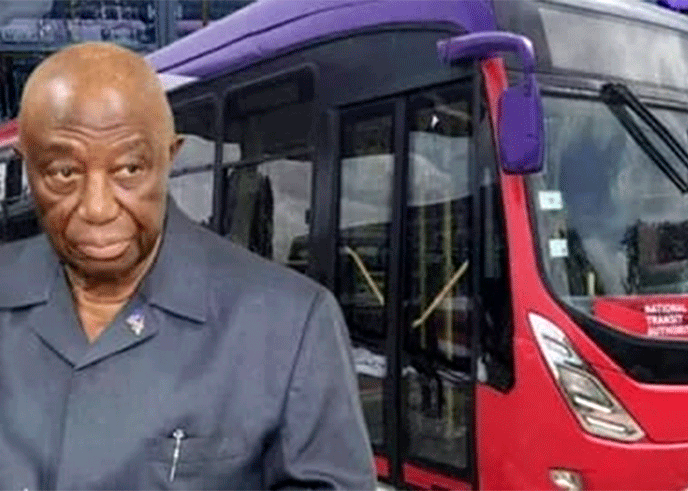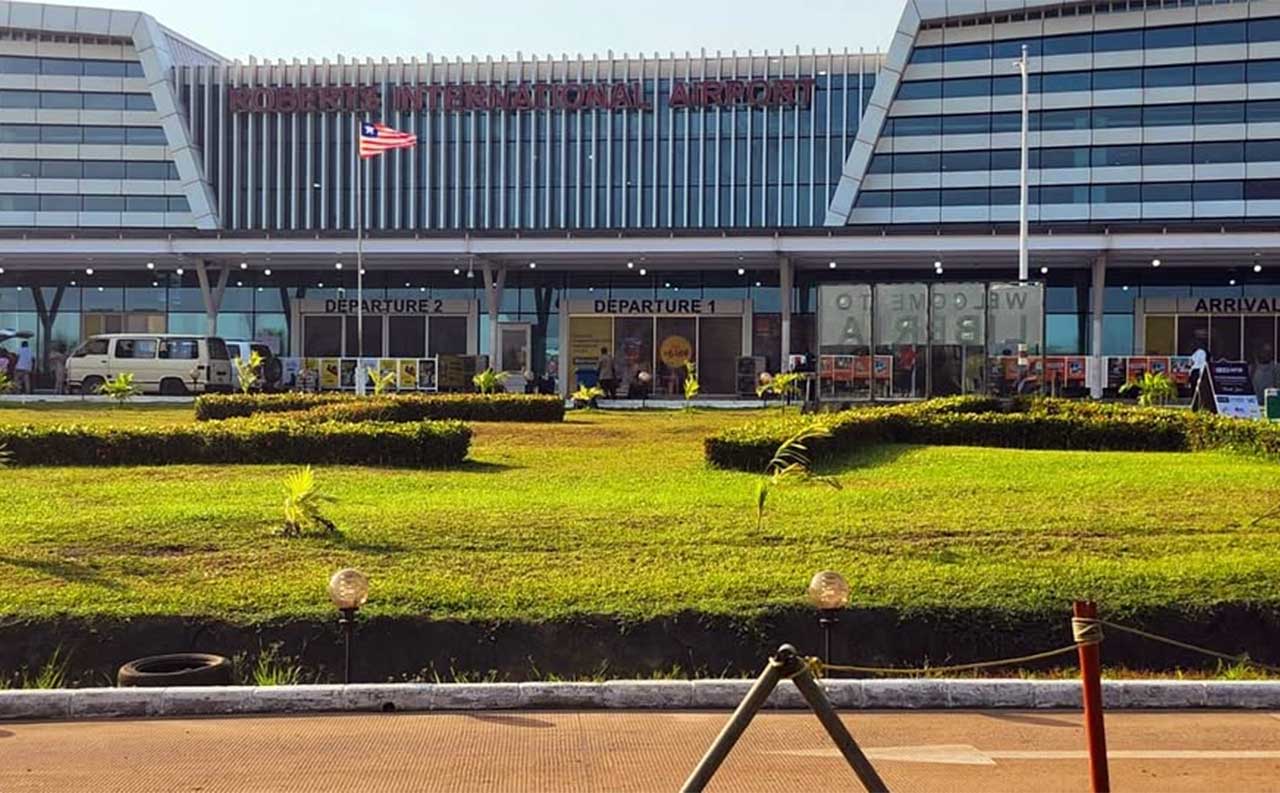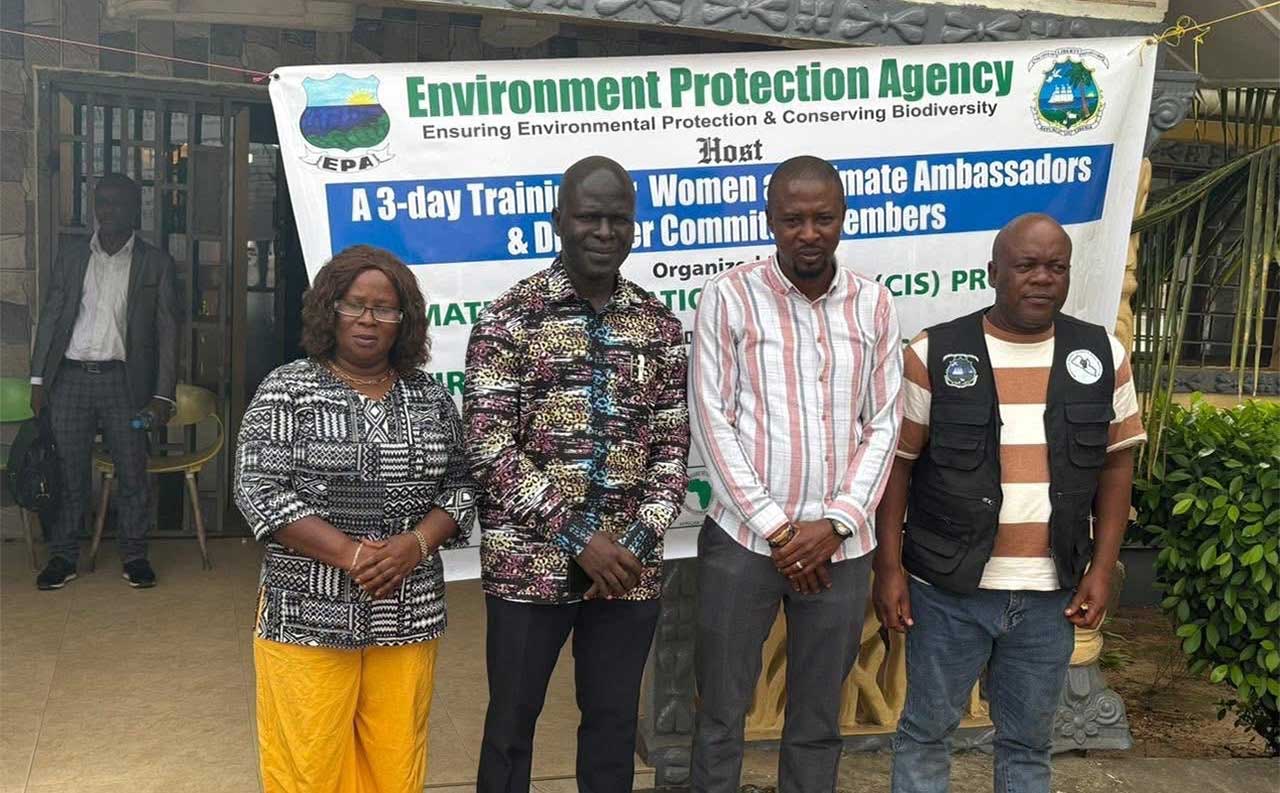Civil society activist, Martin Kollie has been alarmed over the Government of Liberia’s bus partner from Ghana, stating that the Ghanaian bus partner has a criminal record.
Kollie, in his exposé titled “EXPOSED: Findings on Government Pending 300-Bus Project in Liberia,” has detailed his findings and encouraged Liberians to examine the evidence.
According to Kollie, the Ghanaian bus partner, Michel Bowman-Amuah, who operates under the alias “Pa Kojo,” has a history of criminal activity.
Kollie alleged that Bowman-Amuah, the CEO of the now-dissolved company Technology Fund Africa (LTD), was arrested and charged in July 2023 with criminal conspiracy, defrauding by pretense, and stealing US$15,000 from a client.
Kollie’s investigation revealed that Bowman-Amuah’s company, Technology Fund Africa, was dissolved in 2018 and has no legitimate ties to the Marcopolo Consortium, a reputable bus manufacturing entity.
Despite these facts, Bowman-Amuah claimed during a media engagement in Monrovia that his company was partnering with the Liberian Government to supply 300 buses.
Kollie argues that this partnership is a scam and warns that the Aayalolo Bus Project, which failed in Ghana, is likely to fail in Liberia as well.
The Aayalolo Bus Project, launched in Ghana in 2016, involved the procurement of 245 Scania Marcopolo buses for urban transport system.
The project, managed by the Greater Accra Passenger Transport Executive (GAPTE), cost Ghana US$151 million but it was deemed a failure.
The buses have since been abandoned, raising concerns about the viability of a similar project in Liberia.
Kollie questions why the Liberian government would consider importing eight-year-old abandoned buses from Ghana without conducting proper due diligence.
He emphasized that the government has not conducted any empirical studies to assess the wear and tear of the buses, their sustainability, cost benefit, or urban mobility readiness.
Kollie, a former supporter of the President Joseph N. Boakai also raised concerns about the legality of the procurement process, questioning whether the Public Procurement and Concessions Commission (PPCC) Law was followed.
The lack of transparency and openness in this deal has led Kollie to call for the government to disengage from the project on two grounds: “The criminal record of the bus partner, Bowman-Amuah, and the absence of any studies proving the feasibility of the Bus Rapid Transit (BRT) model in Liberia.”
Kollie further argued that the government should focus on sustainable and evidence-based development rather than quick political wins, warning that failure to do so will result in wastage, corruption, and underdevelopment.
Further compounding the issue is the fact that the Scania Marcopolo buses, which were once part of Ghana’s urban transport solution, have been left to deteriorate for eight years. This brings into question the wisdom of Liberia investing in outdated and potentially unreliable vehicles, Kollie claimed.
According to Kollie, the government is about to waste millions of taxpayer dollars on these damaged buses without considering the long-term implications for maintenance and operation costs.
Kollie also pointed out the failure of the Ghanaian project as a cautionary tale for Liberia.
“Despite Ghana’s more resilient and urbanized infrastructure, the Aayalolo Bus Rapid Transit project failed to deliver sustainable transportation solutions. If such a project couldn’t succeed in Accra, it is highly unlikely to fare better in Monrovia, which lacks similar infrastructure and resources,” he said.



